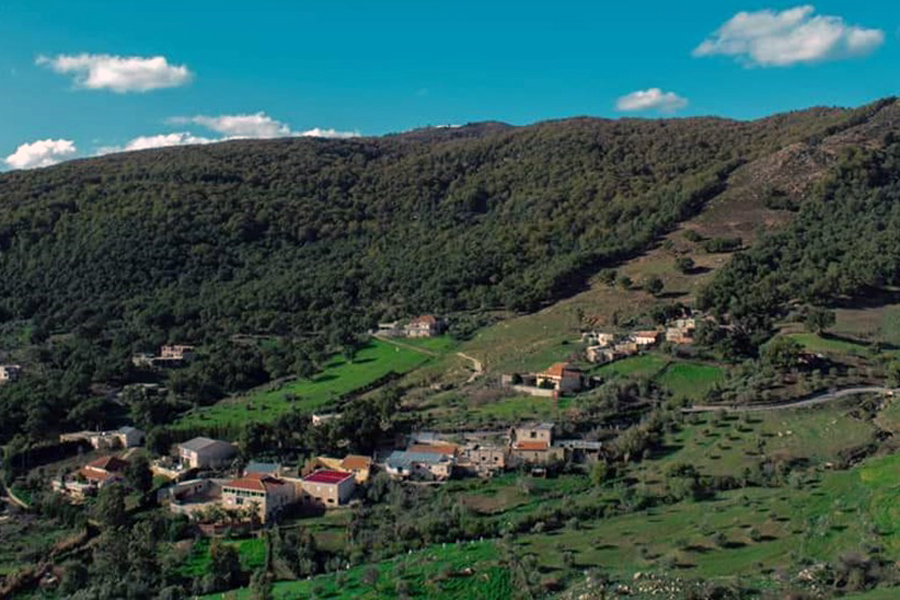
In north-western Tunisia, where rolling hills meet ancient oak forests, a new story is unfolding — one in which local communities are not only guardians of nature but also active partners in its management and restoration. This is the spirit behind a unique pilot project implemented in 17 regions across Tunisia, notably in the village of Oued Zeen, where governance meets ecology through forest co-management.
A win-win deal: nature and local people aligned
Combating wildfires through local involvement
Forest co-management has proven effective in mitigating critical threats such as wildfires and illegal resource exploitation. From 2019 to 2021, local teams carried out 1,800 days of forest clearing and 100 days of anti-poaching patrols. These actions have significantly reduced the environmental damage caused by wildfires, while empowering residents to take an active role in protecting their natural surroundings.
Creating green livelihoods
One of the most promising aspects of this model is its socio-economic impact. In just three years, 847 tonnes of myrtle were sustainably harvested and distilled, generating nearly 4,920 workdays. This diversification of income through the use of non-timber forest products (NTFPs) has helped improve household resilience and rural well-being. Conservation can indeed go hand in hand with development when communities are given the tools to thrive.

Empowerment through participation and supporting biodiversity conservation
At the heart of this project is a powerful idea: when people are involved in decision-making and resource management, they are more likely to protect and sustainably use those resources. The Agricultural Development Groups (GDAs) have played a central role by linking rural households with public institutions and training members in sustainable practices. This participatory governance model emphasises: fire prevention, forest restoration, sustainable harvesting, and equitable access to resources. Oak forests in areas like Oued Zeen have visibly benefited from this grassroots conservation, showing healthier ecosystems and improved regeneration.
A model worth expanding
Tunisia’s co-management experience demonstrates that local engagement is not just beneficial — it is essential for lasting forest protection. This model, rooted in trust and mutual benefit, offers a powerful tool to reduce environmental risks and foster inclusive rural development. Scaling it up could play a key role in enhancing the resilience of Mediterranean forest landscapes.
Let’s work together to preserve our natural heritage and build a sustainable future!
Visit ResAlliance’s official website
This article was originally written by:
Sondes Fkiri, Samir Ghannem, Sarra Ghariani, Mohamed Tahar Elaieb — National Research Institute of Rural Engineering, Water and Forests – Tunisia (INRGREF)
The post Community-based forest co-management in Tunisia: a promising model for local sustainability appeared first on Resilience Blog.